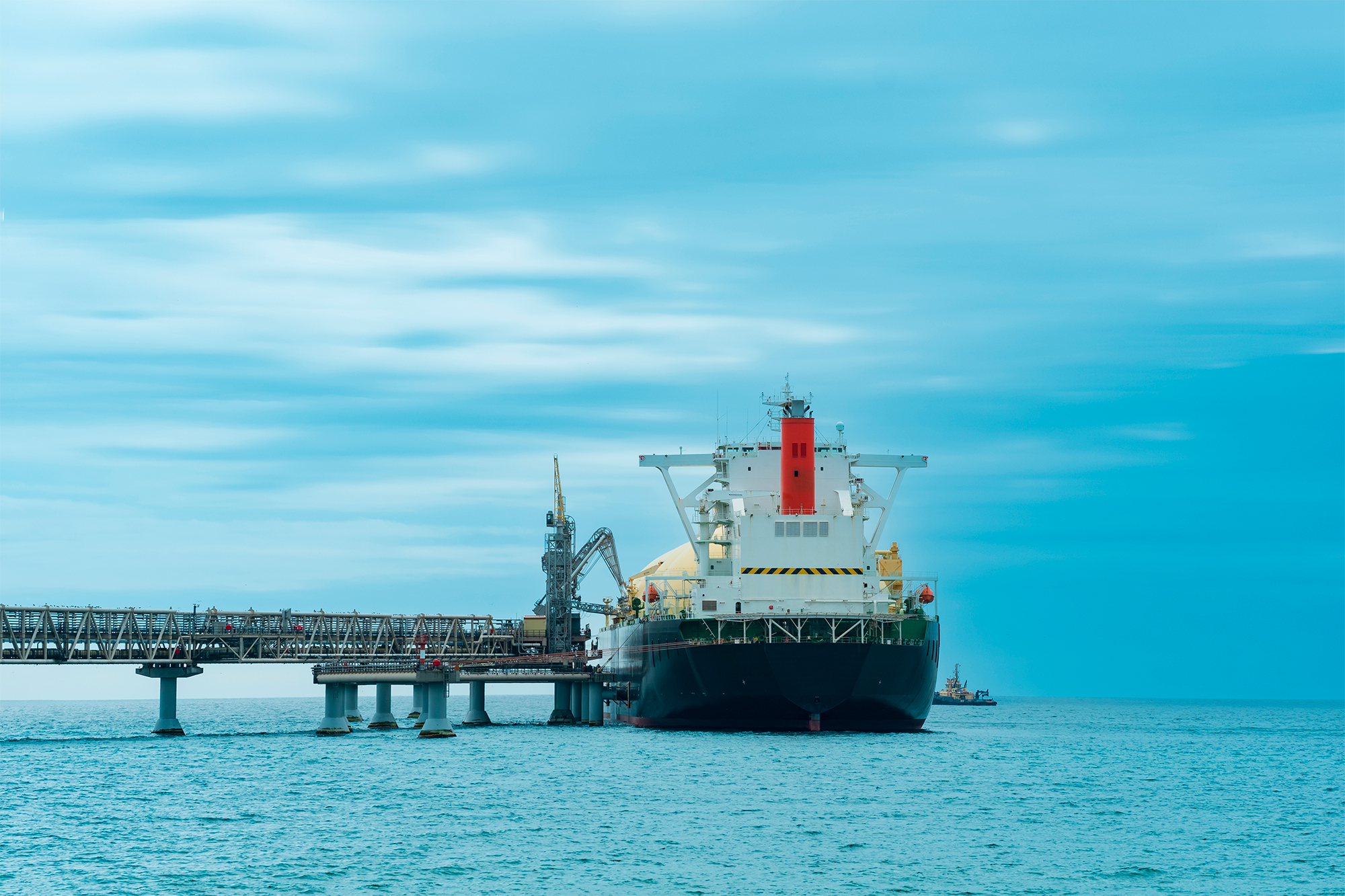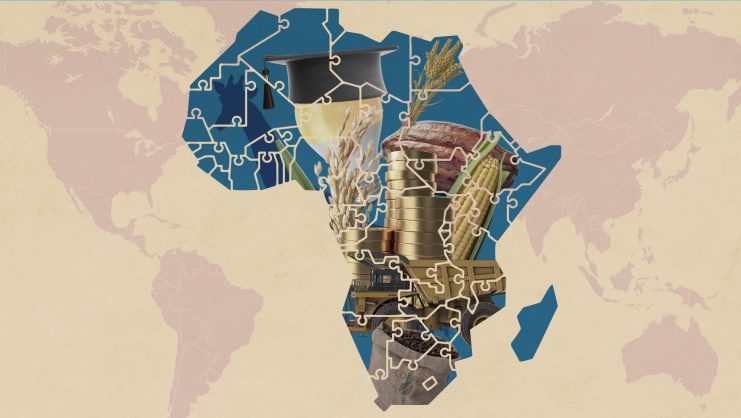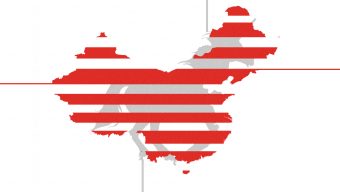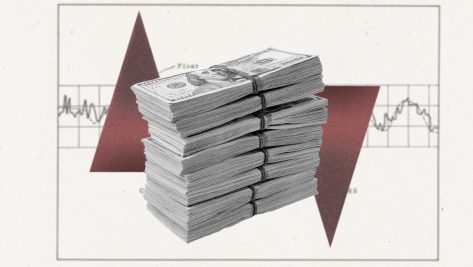After months of wrangling, the European Union has joined the G7 nations and Australia in imposing a price cap on Russian oil exports, to try to deprive Russia of some of the windfall profits it is reaping since invading Ukraine. The move is one of the strongest taken against Russia since the invasion, but it is not clear that it will achieve its short-term objective. Even so, in the medium-term Russia is emerging as the eventual loser from weaponizing fossil fuels.
The price cap, imposed on seaborne Russian oil exports, aims to limit to $60/barrel the price Russia can charge for its petroleum exports (the recent price was $86). It will be reviewed bimonthly to make sure that the cap is held at least 5% below the average Russian oil price. The G7 and the EU plan to enforce the cap by banning insurance coverage for any vessels carrying Russian oil that violate the cap. Since US and European countries provide most of the insurance for global oil shipments, Russia and its trading partners would be forced either to respect the price cap or to use non-insured ships.
The price cap idea had been promoted by the United States since Russia invaded Ukraine in February. The underlying goals are to deprive Russia of revenues – Russia is the world’s third largest oil producer, and oil and gas exports represent about one-third of the government’s income – while helping combat energy inflation everywhere, including in emerging markets that have been buffeted by high global energy prices.
Many countries, however – most importantly China and India – have not agreed to respect the cap, which will limit its effectiveness. Russia defied earlier sanctions by relying increasingly on a “dark fleet” of ships to transport its oil without detection, often transferring the oil cargo from one ship to another while at sea. These “dark” ships could continue transporting Russian oil without insurance, but their number is limited, and they pose safety and environmental risks since they are older, often poorly maintained vessels that now lack insurance cover. Perversely, a shortage of dark ships could reduce global oil supply, potentially pushing up world prices.
Meanwhile, Russia has responded to the sanctions with fresh aggressions of its own. On December 5, it blocked all oil exports to Europe in retaliation for the cap, and it has threatened not to sell oil to any country that participates in the scheme. On December 4, it also agreed with the OPEC+ group to maintain strict production quotas, with the hope of forcing up world oil prices further.
Despite Western sanctions, Russian income from fossil fuels is likely to hit a record high in 2022.
Will Western nations manage to reduce Russian income from fossil fuels with this new sanction, limiting its ability to wage an unlimited war? In the short term, probably not. Supply restrictions and/or fear of oil shortages could push oil prices even higher in the short run, which will benefit Russia. Despite Western sanctions, Russian income from fossil fuels is likely to hit a record high in 2022. The reason for higher revenues is, first, that prices have skyrocketed since the invasion; and second, that larger exports to other countries such as China, India and Turkey have filled in the gap left by the United States and Europe, keeping total quantity high. Experts estimate that Russia’s revenues from fossil fuel exports in 2022 will be about 38% higher than the previous year. Even with the price cap, in the short term Russia will probably have abundant income to keep funding its war in Ukraine.
Other measures might have been more effective at curbing Russian revenues while keeping global oil flowing. One, briefly mentioned at the beginning of the crisis and then abandoned, was a tariff on Russian oil exports. This proposal involved no interference with the world oil market except for a specific national tariff on any oil imported from Russia. The approach would have had two advantages: it would have limited Russian income, as the price cap proposes to do, but the importing country would collect the revenues from the tariff, which it could use to compensate users for high prices.
Perhaps a more important question to ask, however, is how the war, the various sanctions including the price cap, and the great disruptions in world oil markets over the past 10 months will affect Russia in the medium to long term. Although high prices benefited Russia in 2022, they have also served another function, which is to divert Western demand away from fossil fuels, especially those coming from Russia. So far in 2022, Europe has reduced its dependence on Russian pipeline gas from 40% of the total to 8%; and natural gas demand overall is down 10% in Europe. In the United States, demand for gasoline and diesel fuel are down by 6.7%-11.5%. New natural gas sources, especially of LNG, are being tapped in Algeria, Azerbaijan, Egypt, the United States, and most recently, Qatar and Mozambique. In the medium term, Russia’s largest, most prosperous and most convenient clients (the EU) will have turned elsewhere for their supplies.
Most importantly, what is often overlooked in the discussion of the world’s latest energy crisis is that high prices are key to weaning nations off “dirty” fossil fuels. Evidence shows how effectively high oil and gas prices are pushing Europe toward other options. In fact, despite the alarming forecasts at the beginning of the crisis, European industry is currently producing at historically high levels. The Ifo Institute recently published a survey showing that 75% of industrial companies that use natural gas in their production processes had cut back on gas use without reducing production; and 40% said they would be able to cut back even more. European industrial and small users have also reduced their consumption, by 19% and 36%. This impressive performance shows that Russia has failed to wreak havoc on Europe by weaponizing oil and gas. In fact, high prices have achieved what almost no other policy can do: induce users to reduce their consumption, with surprising degrees of success.
If prices remain high, Western nations will demand less and less oil and gas. If the recession in Europe materializes and a global slowdown occurs, energy demand will decline further. Past experiences with oil shocks have shown that the first to back down when fuel prices are weaponized are often the oil producers themselves, as the months go by and they watch demand and revenues dwindle. Even as the price cap was finally rolled out this week, oil prices had fallen from a high of $120 after the invasion to $85. With a little luck, even with the price cap, the Ukraine crisis will be the catalyst pushing Europe across the “bridge” from dirty fossil fuels to renewable energy. If this happens, the winner will be Europe, and Russia’s economy will be weakened for decades to come.
© IE Insights.











